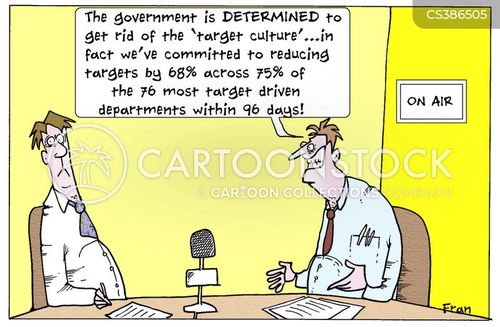What I've been doing this year is mostly consolidating a range of pedagogical tweaks I've learnt, mostly thanks to Twitterati (@headguruteacher, @HuntingEnglish, @ICTevangelist, @jkfairclough, @kathydarlison85, @hgaldinoshea and @ragazza_inglese to name a tiny proportion) but also some fantastic colleagues at my school, and formalising them into concrete lessons via our new FROG OS VLE (a school development area). The VLE has been useful in helping me get to a really deep level of flipped learning, which I've always wanted to do, to the point where I have several classes where some students are now lessons ahead of others, and really powering through the learning. It has increased the independence of a significant number of the most motivated and able students I teach, and at the same time highlighted just how teacher-dependent some of my least able are. It has also, frustratingly, pushed me back in pedagogical terms by preventing me from combining the VLE with all of the great things I've learnt from two years of working with iPads, because the two won't talk to each other. All of which is irrelevant to the actual post, but you need the context to see why this topic is important to me.
The feeling I have at the moment is a horrendously negative feeling that I hate, because I'm not that man. I see myself as a positive person, someone who leads by example and encouragement. But at the moment I feel like quitting. I don't feel that moving up the career ladder to leadership positions is the answer, but I'm not enjoying where I am either. And I can't work out why.
Except today, it hit me. Like an epiphany. A more bleeding obvious epiphany you will probably never hear, and I appreciate that the first sign of publishing this will be greeted by a chorus of "Duh!"s, but here it is anyway. It's called the Perpetual Anxiety of Education. It's the result of the Accountability Matrix. Yes, probably very similar to the one your heard about in the Wachowski brothers' film, but not quite as entertaining. It starts with targets. As soon as targets are formulated, your job is to meet them. Aspirational or not makes no difference, you still have to meet them. And as a teacher, you spend your entire year in this state of anxiety about students meeting their targets. This of course is exacerbated by senior management, who have the same worries, but spread across the whole school, and with often only indirect power to do anything about it: Hell with a side order of chips! The less control you have, the more anxious you are likely to be. Hence the plethora of "accountability measures" deployed in order to keep checking that everyone is doing their utmost to hit those targets.
 |
| Copyright: Jantoo |
Now let's go back to this situation in schools. We have leadership whose job it is to deliver the targets, who have least classroom time to do it in. Their only weapons are by proxy, and they have to deploy these increasingly atomistic dictats to get the rest of their staff to get to "best practice" at all times: Do you have your MUST SHOULD COULD? Do your students know their targets? Their Working at Grades? Was the homework you set meaningful? Was it marked that day? Was it responded to in a meaningful ongoing dialogue which lasted until seconds before the exam? Did you push the students along at the perfect pace for them to cope while maintaining consistently high expectations etc? Don't get me wrong: This is NOT an anti-SLT rant, because I've been on the verge of going for these sorts of positions myself for a year or two, and the thing which has always stopped me is this very question: What would I do differently? You see, I think the vast majority of teachers and leaders are good people with the best of intentions, but these are too often warped by the target culture. The accountability matrix. What happens when you meet your target? That's a moot point to be honest. Because the vast majority of teachers only hit their target when the exam results come out. Even if you've hit them beforehand, the criticism is that you've under-estimated your target, you haven't been aspirational enough. So here's a higher one. But once the exam results are out, we have a week to celebrate the achievement of 51 weeks of anxiety-ridden stress, before 1) sending the students off to their next life stage, which will be even more target-riddled than the last, and 2) beginning a whole new round of targets of our own. Hamster-wheel, anyone?
 |
| Copyright: Cartoonstock.com |
And then we come to the staff well-being meeting. Where nobody can work out quite why staff aren't responding über-positively to the Friday morning cakes, the fruit bowl in the staff room, the staff silly jumper day and the disaggregated day off. These are drops in the ocean of a culture which is otherwise dominated by doubts about whether you could be doing that little bit more to hit those targets. The anxiety is the permanent, low-level background noise which defines the existence of many teachers on a day to day basis.
What's the worst thing about this state of perpetual anxiety? I'm not sure that this is just about education. There is a very good argument for saying that this pretty much covers the majority of our social ills at the moment, in a society which seems hell-bent on better and more rather than sufficient and happy. But I know which I would prefer if given the choice of how to live my life. And that's a BIG "if"...










.PNG)










